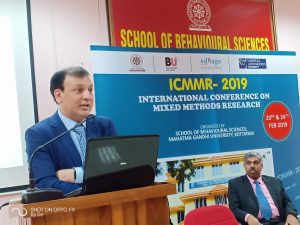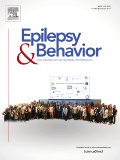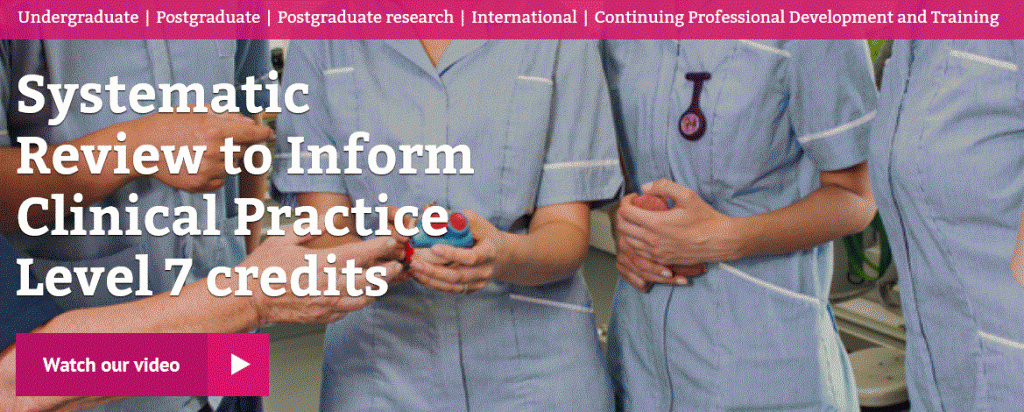Involving patients and/or the public in your clinical research is a great way to ensure that your study is designed and set-up in a way that will be attractive to participants. By carrying out PPI (patient and public involvement) you can also ensure that your research will be of benefit, not only to individuals but also the wider population and healthcare in general.
In 2018 the Health Research Authority (HRA) released guidance to help applicants better identify where they have involved the public in their research applications, and the difference that it made to their studies.
In addition, in January of this year two HRA blog posts were advertised, following the journey of a Research Fellow at the University of Surrey, who conducted PPI for her research project. The first and second posts can be found on the HRA website alongside other news items.
The HRA have just released the third blog post in which they talk to one of the lay Research Ethics Committee (REC) members who sat on the panel that reviewed the fellow’s study. The post explores the Committee member’s views on how public involvement benefited the research application. You can find it here.
Remember that support is on offer at BU if you are thinking of introducing your research ideas into the NHS, social care or healthcare institutions – email the Research Ethics mailbox, and take a look at the Clinical Governance blog.




 NERC/MRC/ESRC in collaboration with the Belmont Forum, have issued a call to fund transdisciplinary, end-user focused approaches to investigate and address the linkages between climate, environment and health. Projects should seek to bridge knowledge gaps, understand health risks, improve predictability, and deliver usable data, information, and innovative solutions to planners and decision makers. The following themes are prioritised for this call; food systems and nutrition; heat and health and; climate-sensitive infectious diseases.
NERC/MRC/ESRC in collaboration with the Belmont Forum, have issued a call to fund transdisciplinary, end-user focused approaches to investigate and address the linkages between climate, environment and health. Projects should seek to bridge knowledge gaps, understand health risks, improve predictability, and deliver usable data, information, and innovative solutions to planners and decision makers. The following themes are prioritised for this call; food systems and nutrition; heat and health and; climate-sensitive infectious diseases. 







 Well done!
Well done!











 April’s Café Scientifique – Should we help machines understand and respond to our emotions?
April’s Café Scientifique – Should we help machines understand and respond to our emotions? Postgraduate Research Experience Survey (PRES) 2024 – 2 WEEKS LEFT
Postgraduate Research Experience Survey (PRES) 2024 – 2 WEEKS LEFT Working with The Conversation: online training session – Wednesday 8th May
Working with The Conversation: online training session – Wednesday 8th May Apply for up to £1,000 to deliver an event and take part in a national festival of public engagement with research
Apply for up to £1,000 to deliver an event and take part in a national festival of public engagement with research MSCA Postdoctoral Fellowships 2024
MSCA Postdoctoral Fellowships 2024 Horizon Europe News – December 2023
Horizon Europe News – December 2023